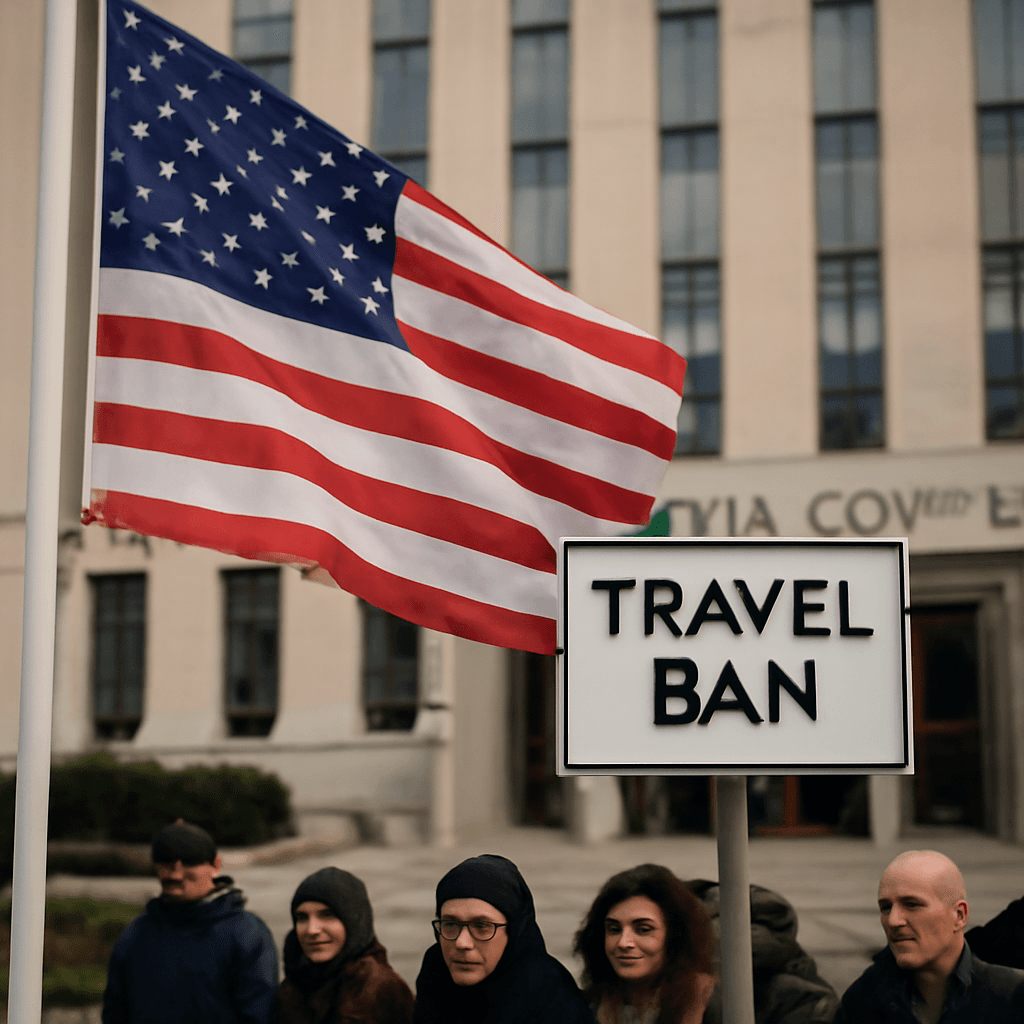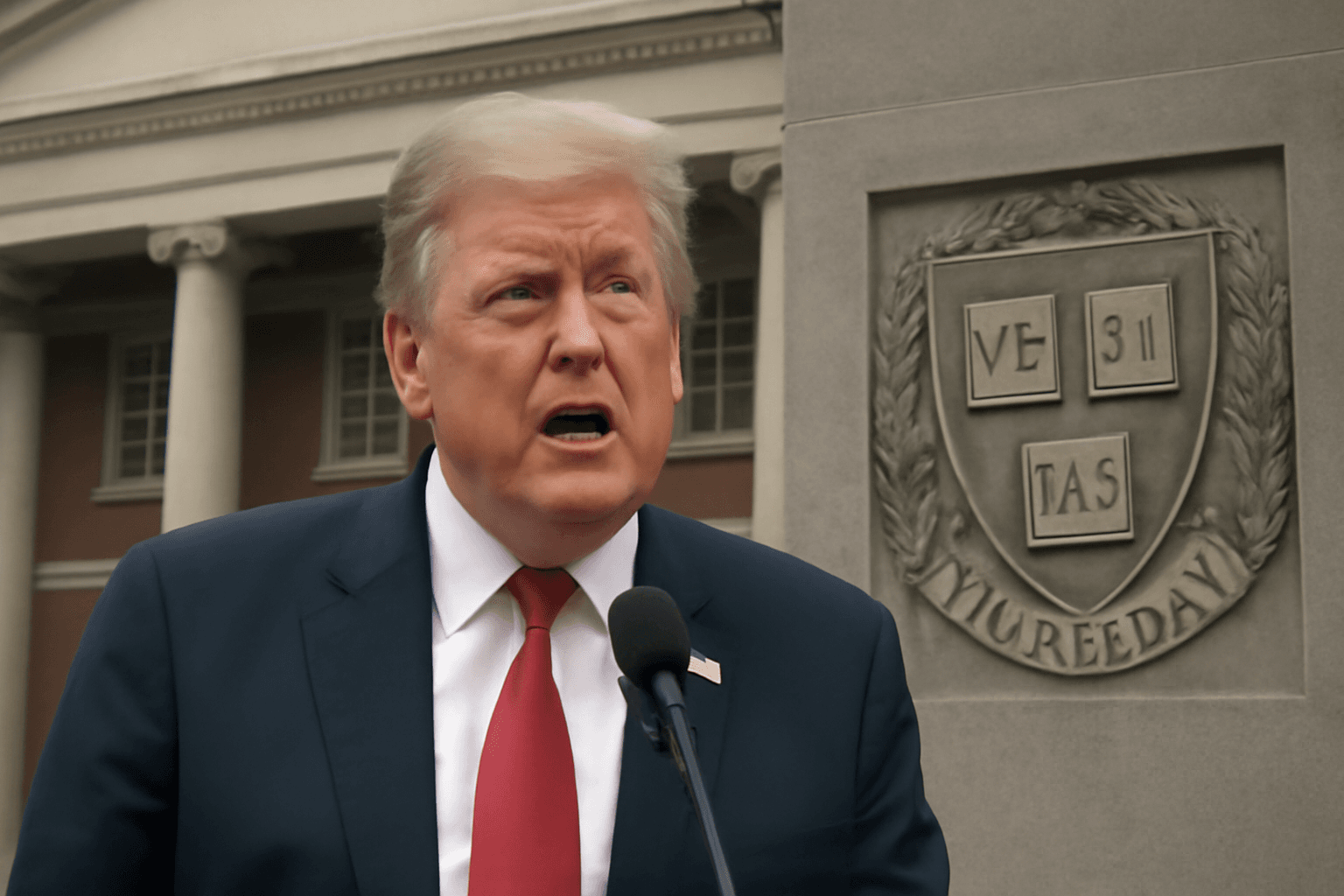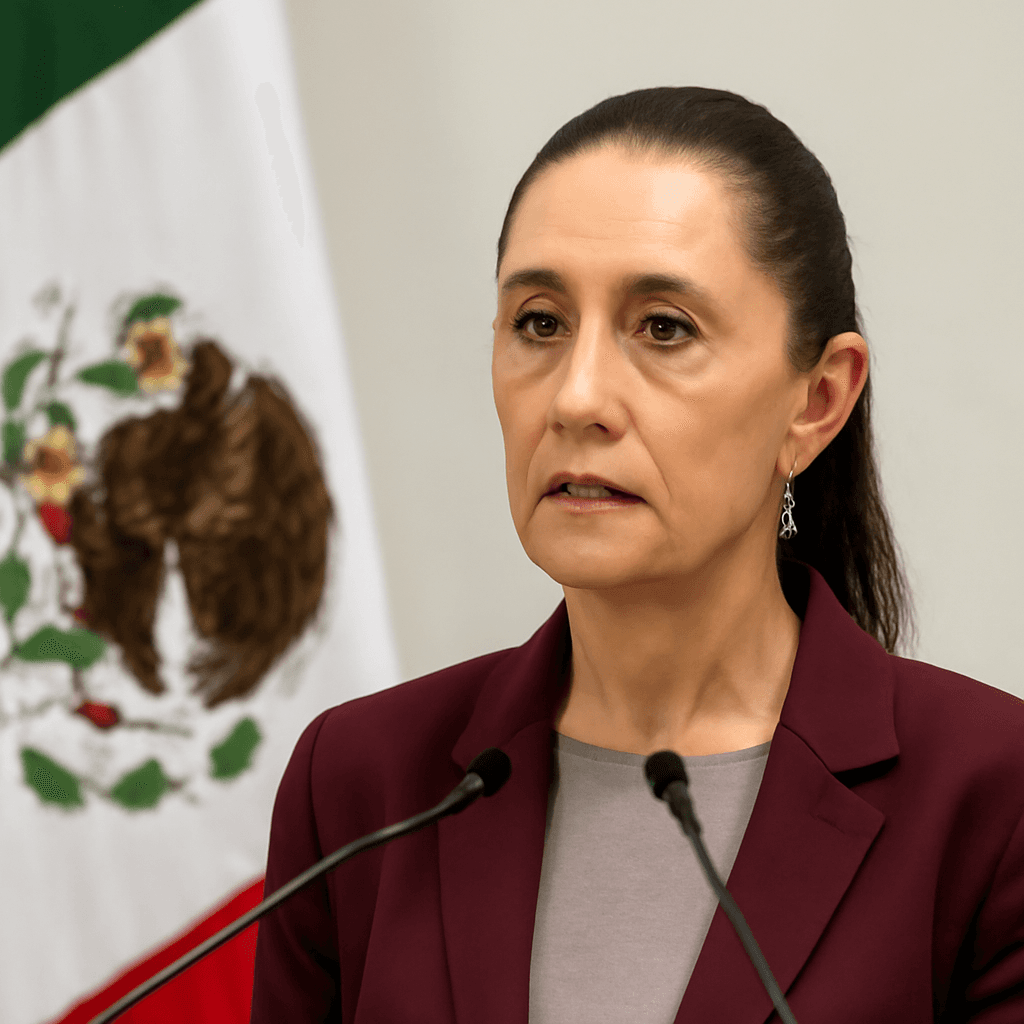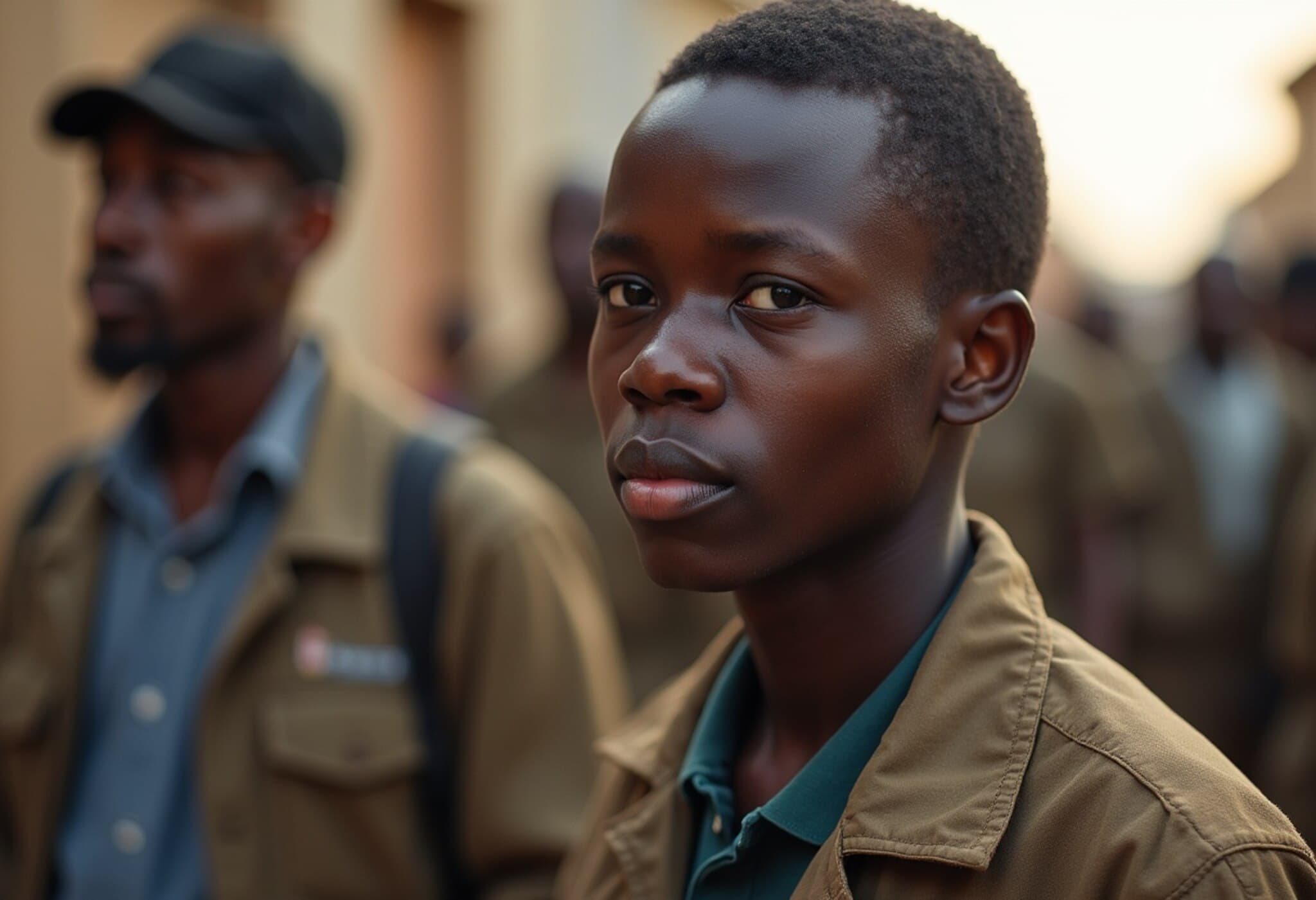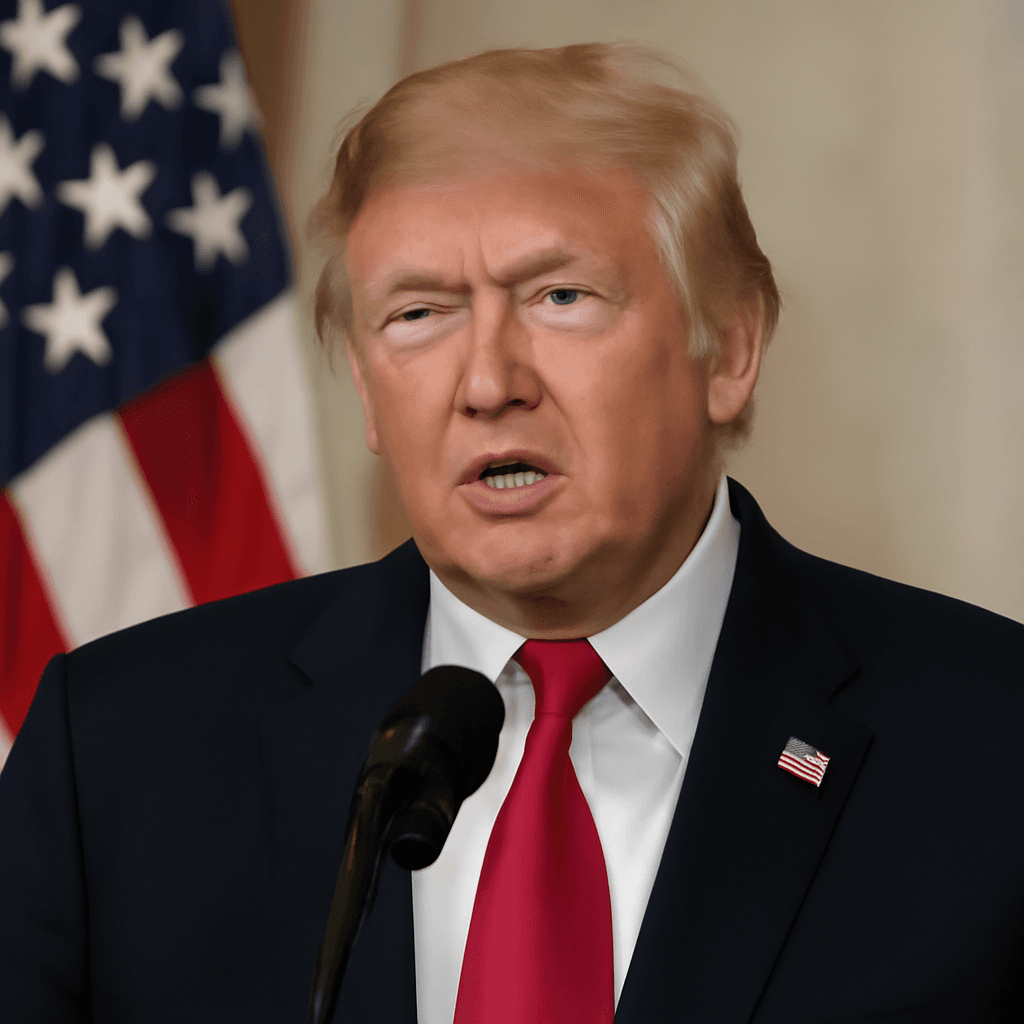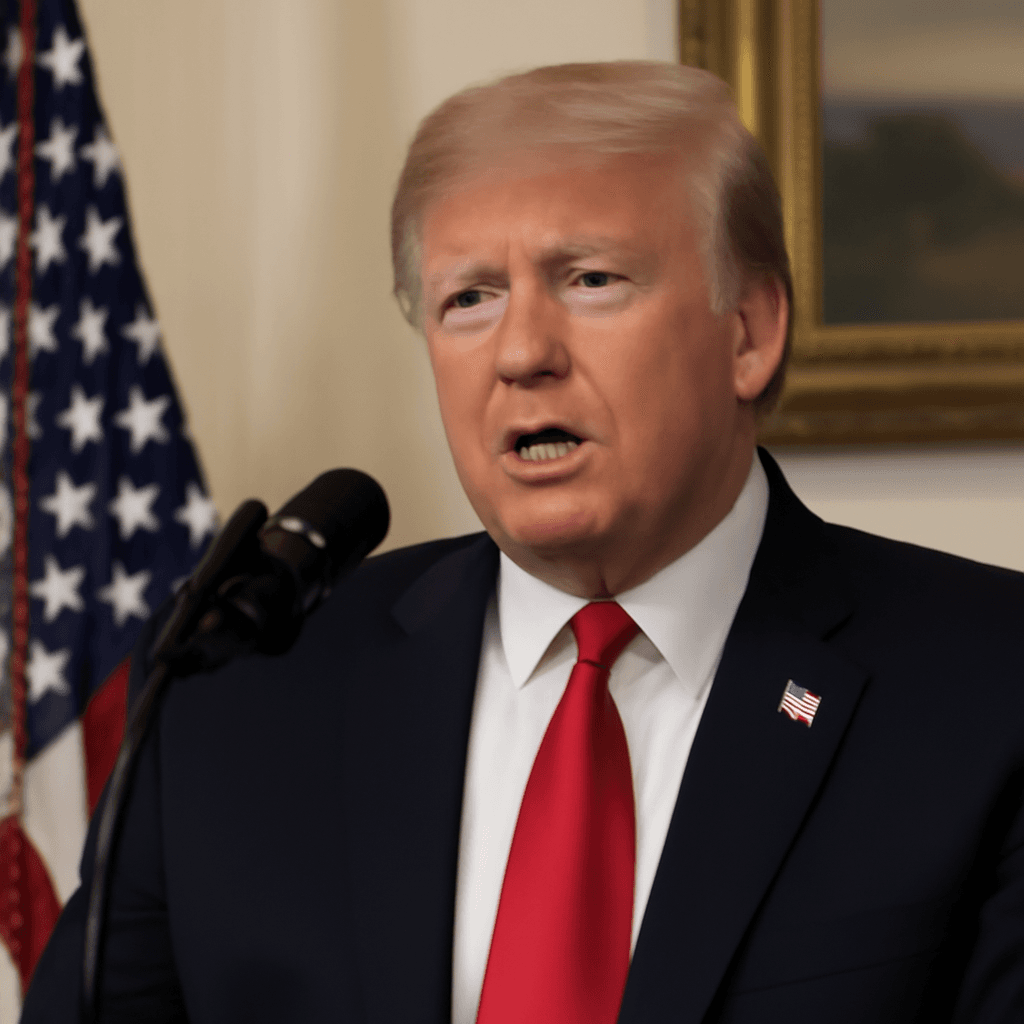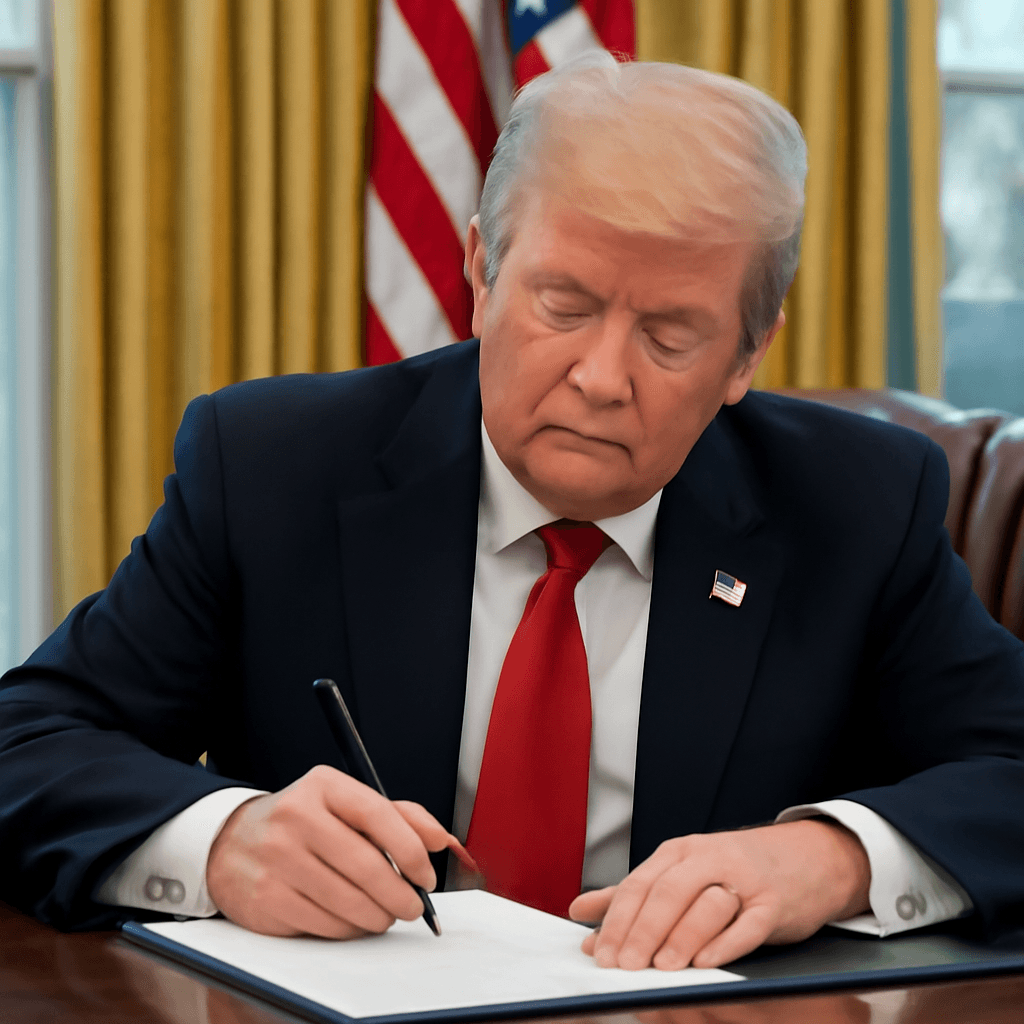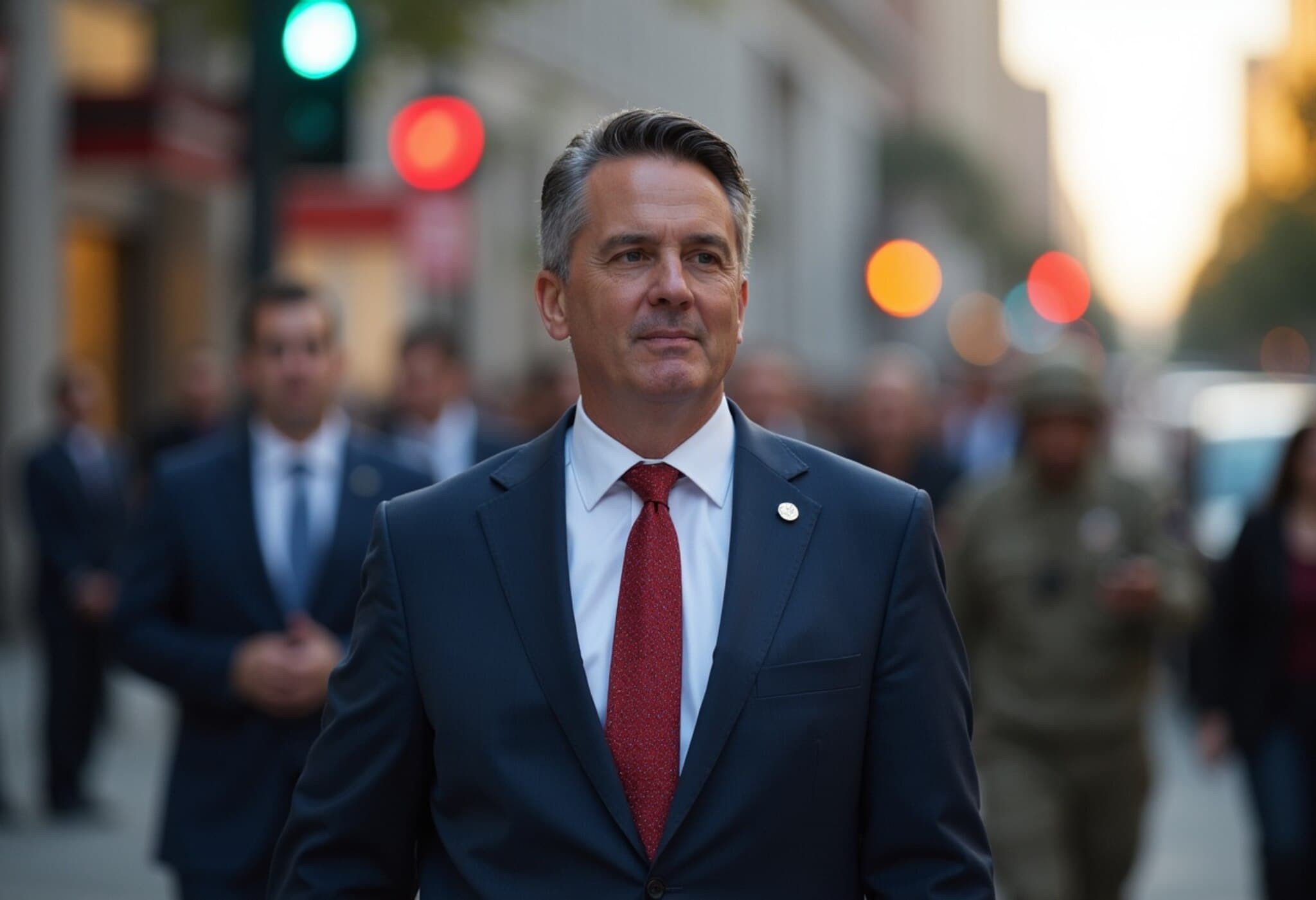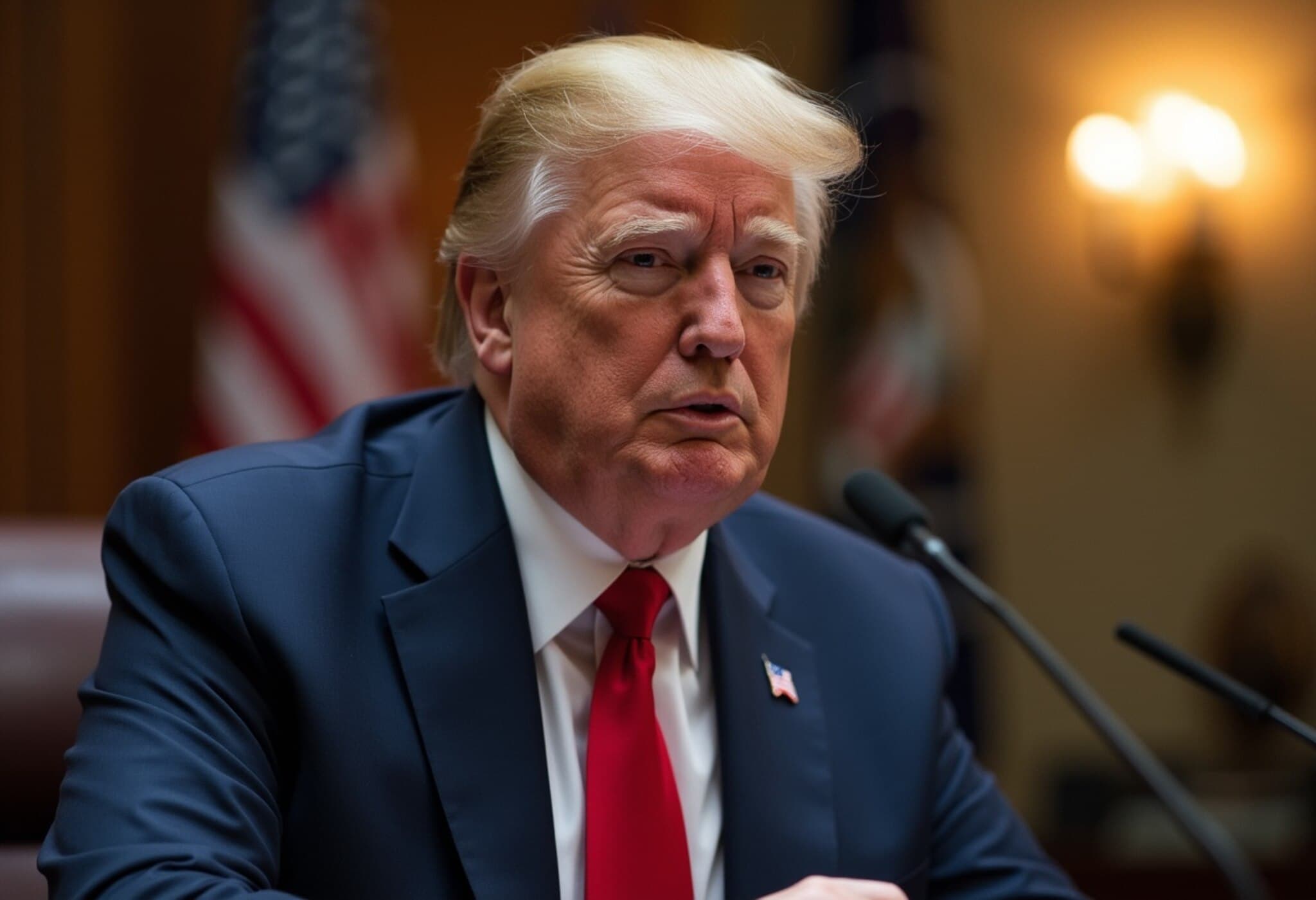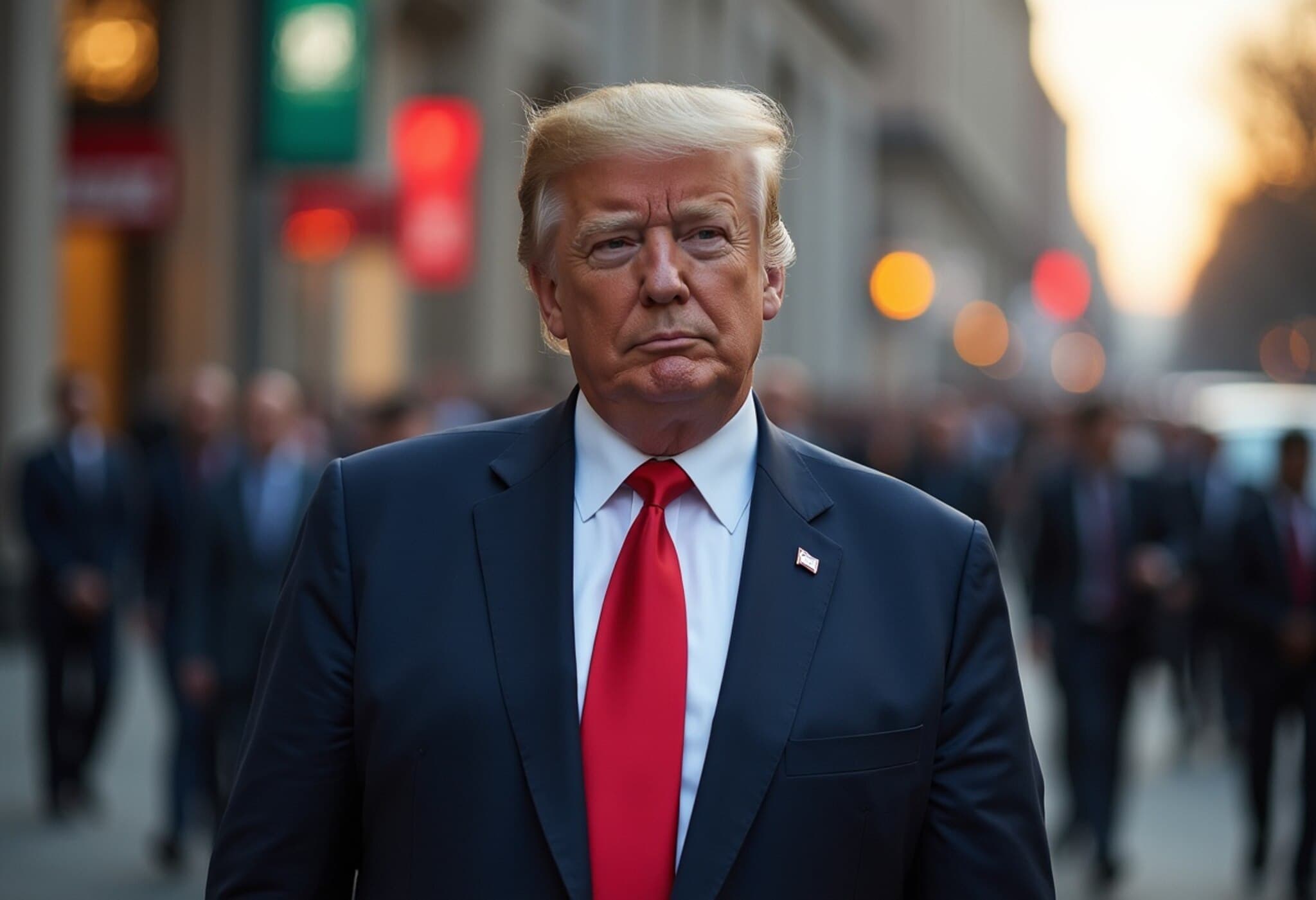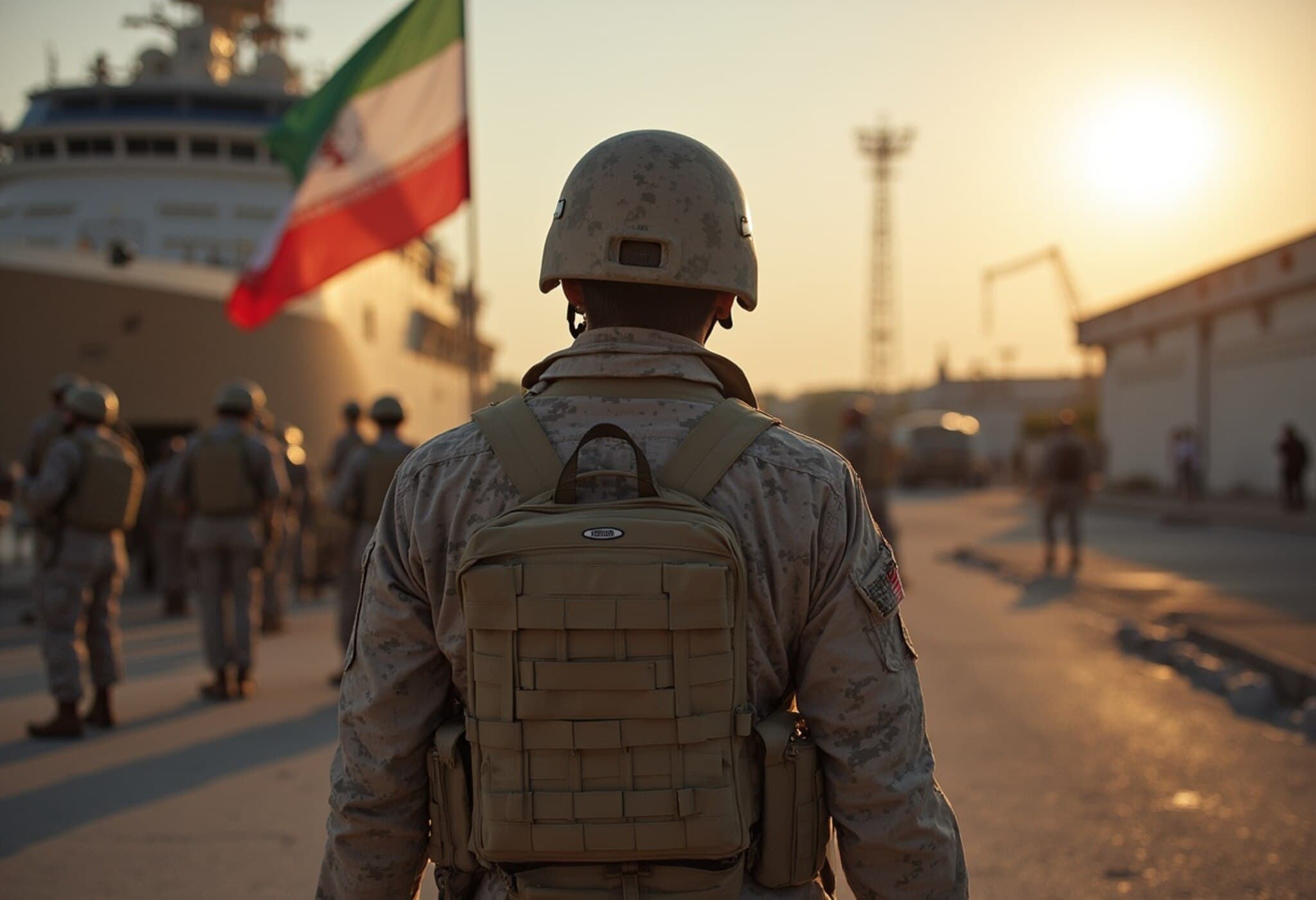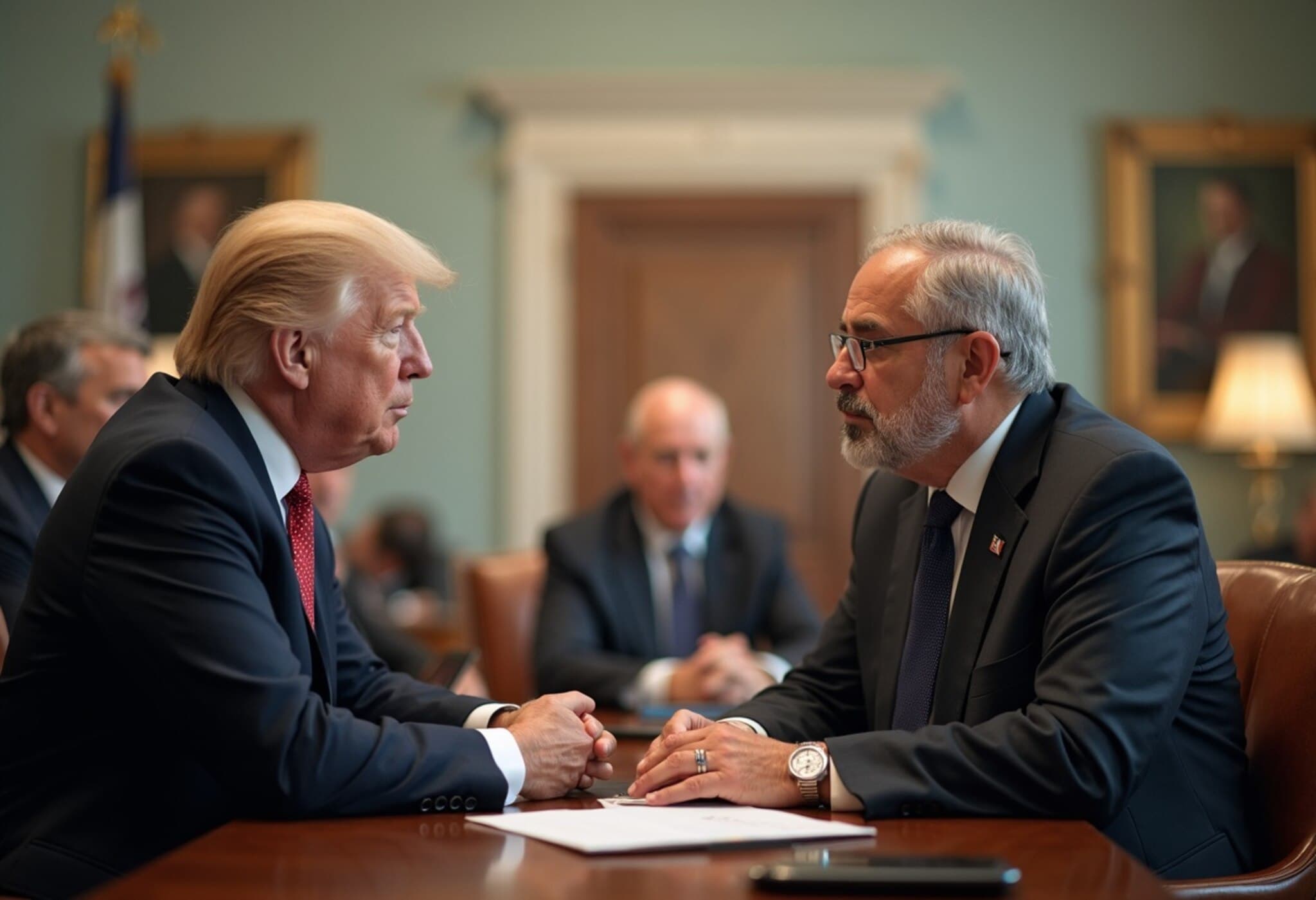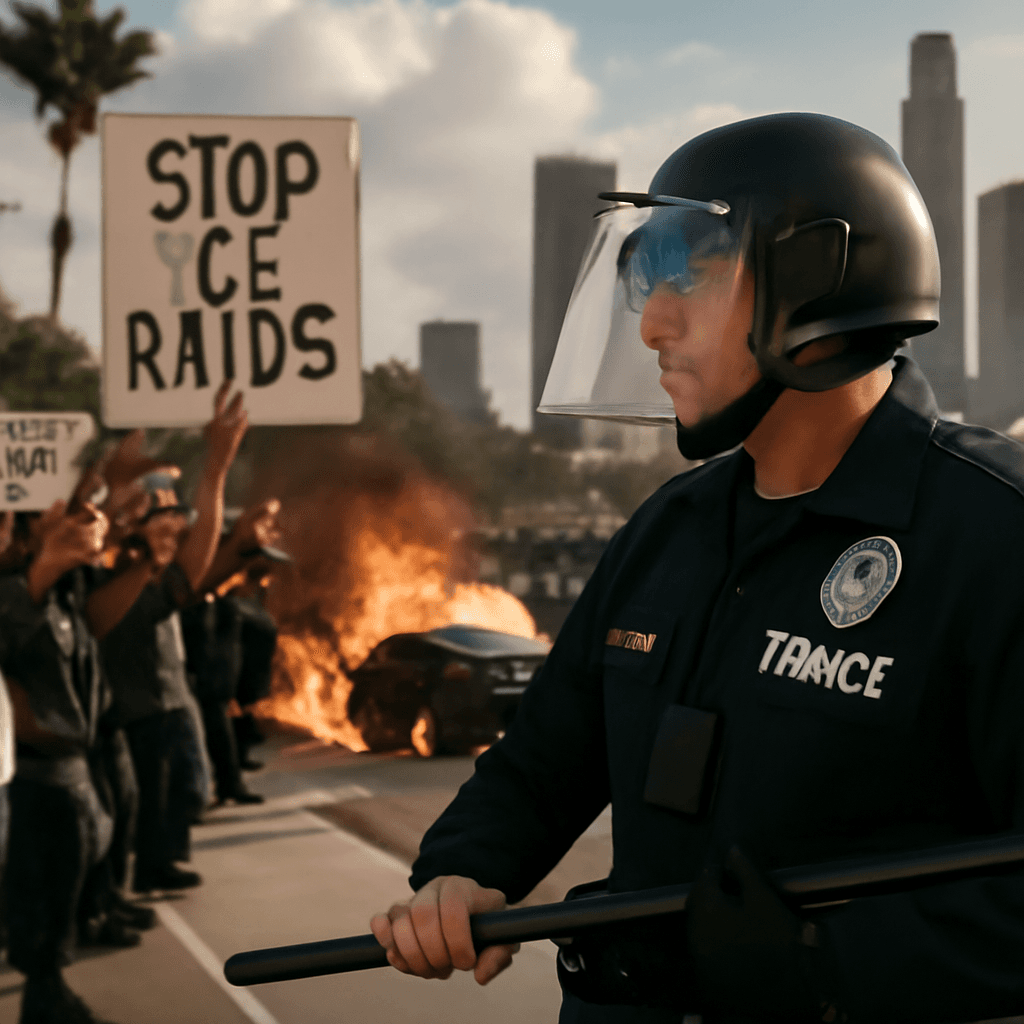Trump’s Expanded Travel Ban Takes Effect
Starting Monday, the U.S. government enacted a broad travel restriction barring citizens from 12 countries, primarily in Africa and the Middle East, from entering the United States. This move, part of a wider immigration crackdown, aims to address security concerns related to terrorism and visa overstays.
Which Countries Are Affected?
The travel ban covers Afghanistan, Myanmar, Chad, the Republic of Congo, Equatorial Guinea, Eritrea, Haiti, Iran, Libya, Somalia, Sudan, and Yemen. Additionally, stricter entry rules now apply to travelers from Burundi, Cuba, Laos, Sierra Leone, Togo, Turkmenistan, and Venezuela, particularly those outside the U.S. without valid visas.
Exemptions Included
Despite the sweeping restrictions, certain groups are spared from the ban. These include:
- Journalists, students, workers, and lecturers with valid employment or institutional invitations.
- Infants, adopted children, and individuals requiring urgent medical treatment.
- Travelers with significant business or professional engagements in the U.S.
- Canadian permanent residents applying for U.S. visas from within Canada.
Administration’s Justification and Controversies
Officials defend the ban as a necessary step to curb terrorism and reduce visa overstays, citing inadequate screening procedures and uncooperative governments that refuse deportees. The president specifically linked this order to a recent terror attack in Colorado, even though the suspect's nationality was not among the listed countries.
However, human rights groups promptly condemned the policy as discriminatory and damaging, particularly toward refugees fleeing persecution. The Venezuelan government denounced the measures as a deliberate act of "stigmatization and criminalization" against its citizens.
Community Response and Ongoing Impact
The announcement sparked anxiety across immigrant communities, especially in regions like the Bay Area where many people from these countries reside. Families are hastily trying to reunite with loved ones before the restrictions take full effect, while advocacy groups prepare legal challenges to contest the ban.
As the situation unfolds, the travel ban remains a flashpoint in the broader debate over U.S. immigration policies and national security.

